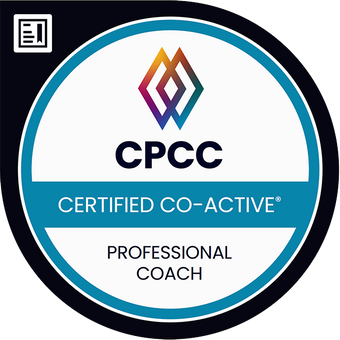The history of writing in the digital age
Why does human write? Scripture has a history of several thousand years. The aim was to use writing as an additional means of communication; to be able to interact and exchange; to be understood; to share information and knowledge. This fundamental goal is no different in today’s age of digitalization. The technological implementation, however, is. The written exchange takes place on many different channels. From printed literature to e-mails, WhatsApp to social media posts.
But what does written information mean for those responsible in the field of fact-finding, investigation and expert opinions? A necessary evil in documentation? By no means! It is the icing on the cake so to speak. Unfortunately, this is often not understood as that.
Professionalism through strategic instruments
You will find yourself as the person responsible for investigating facts, special audits, expert opinions and crisis managers in unforeseen new situations daily. Not only the physical environment and infrastructure is new, but also the regulatory environment, the parties involved and last but not least the interdisciplinary team.
The sociograms – already mentioned in an earlier article – support you in clarifying various questions. How do you make sure that all pieces of information are captured correctly? Your professionalism is in demand.
A possible strategic instrument or tool from my personal experience as an expert for non-compliance and economic crime is the written creation and authoring of information and knowledge. In short: writing. I observe this not only with myself but also with my clients, who are working in their functions as board members, members of management, auditors, investigators or experts.
The 5 dimensions involved
In particular, writing influences five essential dimensions of those responsible in a professional environment.
Through writing, we support the reflection process and attain a different level of clarity in our thoughts. Possible “circles” of recurring thoughts, patterns and beliefs can be broken and classified.
The imagination is stimulated by writing – creativity increases. This helps us in particular with difficult starting situations in the context of facts investigations. We can look at them from different perspectives. Yes, we take the liberty of reflecting the unspoken in the writing process. In our minds, this information would be faded out, which would endanger the investigation.
Decisions are led more logically through writing. The clarity mentioned earlier helps us to collect the decision bases. This characteristic is particularly important in investigations of facts. Who decides which custodian or which keyword is included in the collection of relevant data? How did this decision come into existence? Written (written) derivation increases professionalism by a multiple. And this professionalism is indispensable.
The art of leadership is to give clear orders. Verbally? Possible. The written formulation supports the process – as in the previously explained dimensions. Here, too, you will have gained experience yourself and you will be able to name a repertoire of good and bad examples. Placing an assignment is crucial in an environment where everything changes within a very short time based on new information.
Last but not least, efficiency and effectiveness. Worn terms? Perhaps. I’m a big fan of both and can’t stand the contrary. Those who write are clearer than those who don’t. Clarity increases efficiency and effectiveness.
How do I start writing?
“I can’t write”. I hear this from at least one of the parties involved at the beginning of every investigation. It may be that this doctrine has been nurtured for years and the willingness to learn to write does not exist any longer. What a shame. Everything is a question of the right attitude!
Then there is also the category of those who want to write but do not dare. They think for a long time about how to start writing. Find a workshop, book it and complete it. The inhibition threshold is too high. The attitude to the topic, however, is correct.
The answer is pretty simple: just do it. In concrete terms, this means taking a few minutes each day to write consciously. No, don’t answer emails. Write something on a topic that is currently relevant, only for yourself. Perhaps it is a challenge that you write down. Maybe it could be something for which you are grateful for at the moment. Attention: Please do this with paper and pen. Your brain will thank you for it.
A few examples of my clients how they started to write and thus increased their writing competence:
– «Challenge Entry»: 1 Challenge every morning.
– «Intention of the day»: Declaration of intent to my day
– «Despite of … »: Despite everything, I am grateful for…
The type of writing is very individual and depends on the personal situation or phase of life. One needs the almost combative “Despite of…” the other rather the declaration of intent to the day.
If now the excuse is waiting, having no time: Personalities like Bill Gates and Sir Richard Branson write. They also have 24 hours a day at their disposal. The time distribution is by far the fairest distribution of resources on this planet.
Risks and side effects
You will see how easy it will be for you in the future to write information in a professional context. Whether it is the reporting of investigations or as an auditor. You are experienced, can express your thoughts and information in words and above all: you know that you can.
“Writing Matters”
In that sense, your writing
Sonja Stirnimann
PS: Questions on the reporting of investigations? I will examine the other success factors in the next article – I promise.




